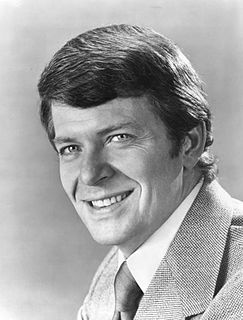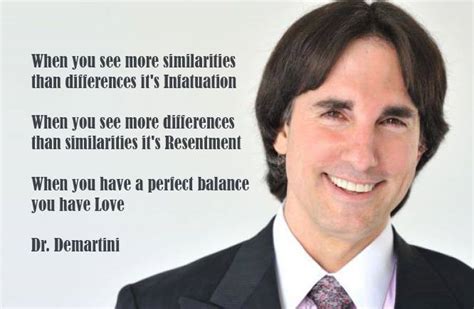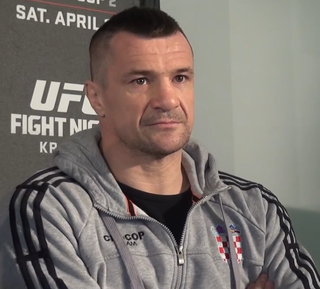A Quote by Robert Reed
For honest insight into who you are, don't ask yourself what your priorities are for next week. Ask what your priorities were last week.
Related Quotes
It might sound crazy but you put your money up and take out a little every week. You put yourself on a salary instead of getting $7,000 this week, $20,000 next week and $5,000 the week after that. Take a $1,000. You got your toys, you got everything and your money under your mattress. Break it down and have a salary to take care of you and your family and stretch that money.
I talked to over two hundred patients and family members about their experiences with aging, serious illnesses, and the big unfixables. But I also spoke with scores of physicians, and especially geriatricians, palliative care doctors, hospice nurses, and nursing home workers. The biggest thing I found was that when these clinicians were at their best, they were recognizing that people had priorities besides merely living longer. The most important and reliable way that we can understand what people's priorities are, besides just living longer, is to simply ask. And we don't ask.
I learned that a television show is not a collaboration. You give your 180 percent, but you do not question the show-runners. I remember doing a reading, and my part was kind of small that week, and I commented on it, and the next week, they cut me out of the show. So I learned that you never ask questions. In TV, you always assume you're going to be fired.
Ask how you’d live your life differently if you knew you were going to die soon, then ask yourself who those people you admire are and why you admire them, and then ask yourself what was the most fun time in your life. The answers to these questions, when seen, heard, and felt, provide us with an open doorway into our mission, our destiny, our purpose.



































